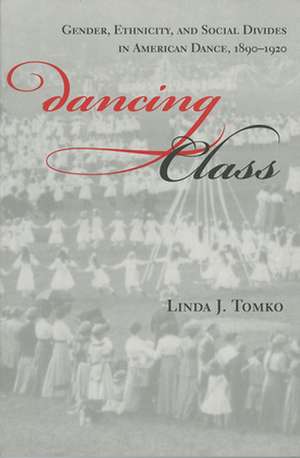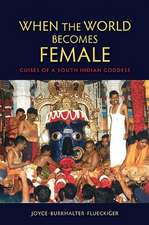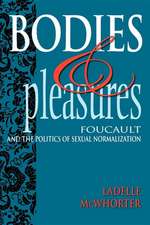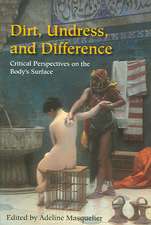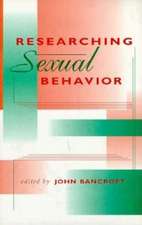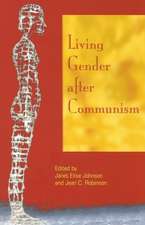Dancing Class – Gender, Ethnicity, and Social Divides in American Dance, 1890–1920
Autor Linda J. Tomkoen Limba Engleză Paperback – 21 ian 2000
Women seized the moment to develop new dance practices. On the East Coast and in the Midwest, middle class women found platforms for dance innovation in the settlement house movement. They taught classes in folk, gymnastic, and historical dancing styles, attempting to offset the physical and cultural effects of mass production, industry and urban crowding. In New York City, a woman-run after-school folk-dancing program for girls pursued similar aims: both addressed questions of citizenship and identity through performative means. Social welfare workers also took part in dance hall reform drives. They attempted to channel the uses that working girls made of public entertainment spaces and to contain the types of dance that girls pursued there. In these several initiatives, the contest for class leadership was argued through dance and matters of the body.
Endeavouring to manage immigrant and working class people, middle class and elite women refashioned their gender roles as well. They became choreographers and directors of new dance and movement practices; they formulated professional occupations for themselves, as dance pedagogues, authors of dance instruction books and social welfare workers. Some bid for recognition as cultural arbiters, providing performance platforms for emerging female soloists like Isadora Duncan and Ruth St. Denis.
New dance practices generated new physical means with which to represent cultural issues. From salons to dance halls, theatre dance to settlement houses, new movement performance events questioned notions of social order and conceptions of polity. Inherently dynamic, staged periodically, they offered ongoing remakings of what it might mean to be "American." By examining master narratives of modern dance history, Dancing Class demonstrates the cultural agency of new Progressive-era dance practices.
Preț: 161.49 lei
Nou
Puncte Express: 242
Preț estimativ în valută:
30.90€ • 33.56$ • 25.96£
30.90€ • 33.56$ • 25.96£
Carte tipărită la comandă
Livrare economică 23 aprilie-07 mai
Preluare comenzi: 021 569.72.76
Specificații
ISBN-13: 9780253213273
ISBN-10: 0253213274
Pagini: 304
Ilustrații: 17 b&w photographs, 7 b&w illustrations
Dimensiuni: 156 x 235 x 15 mm
Greutate: 0.47 kg
Editura: MH – Indiana University Press
ISBN-10: 0253213274
Pagini: 304
Ilustrații: 17 b&w photographs, 7 b&w illustrations
Dimensiuni: 156 x 235 x 15 mm
Greutate: 0.47 kg
Editura: MH – Indiana University Press
Recenzii
Tomko (Univ. of California, Riverside) blazes a new trail in dance scholarship by interconnecting US history and dance studies. Using analyses of class, gender, and ethnicity, she focuses on dance as a vehicle for cultural intervention in Progressive-era America, as manifested in immigration, physical culture movement, and the settlement projects. Others have concentrated on the art dancer as precursor to US modern dance, but Tomko is the first to argue successfully that middle-class US women promoted a new dance practice to manage industrial changes, crowded urban living, massive immigration, and interchange and repositioning among different classes. They blended foreign and US cultural practices and negotiated gender issues in education, social work, dance hall reforms, dance innovations, and dance patronage. Tomko links post-WW I immigration laws, shifting gender roles, and Freudian theories to the motivation of modern dancers to reject the derived conventionalized 'foreign' materials of the Progressive era. In so doing the author rewrites the history of 20th-century US dance, showing that the Progressive-era dance practices made significant cultural interventions in past US history and suggest relevant questions for the future. Annotated endnotes, bibliography, collections consulted, and index enhance the value of this rich book. All academic and general collection--C. T. Bond, Goucher College"Choice" (01/01/2000)
Notă biografică
Descriere
Explores Progressive-era dance practices as an instrument for negotiating cultural and gender issues
